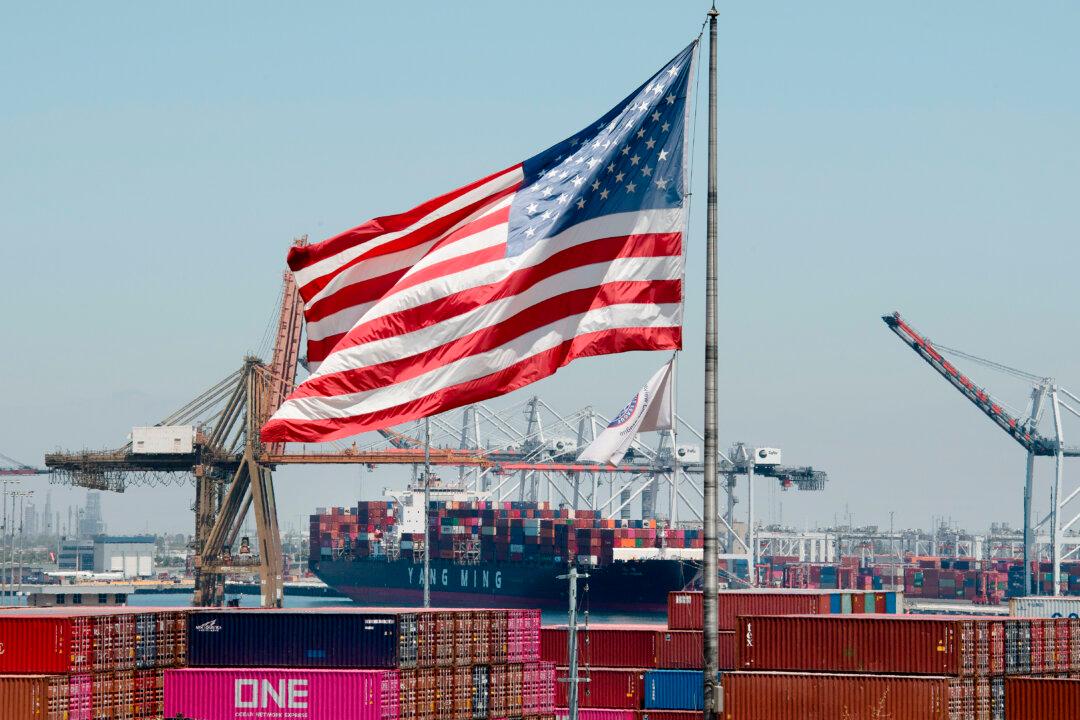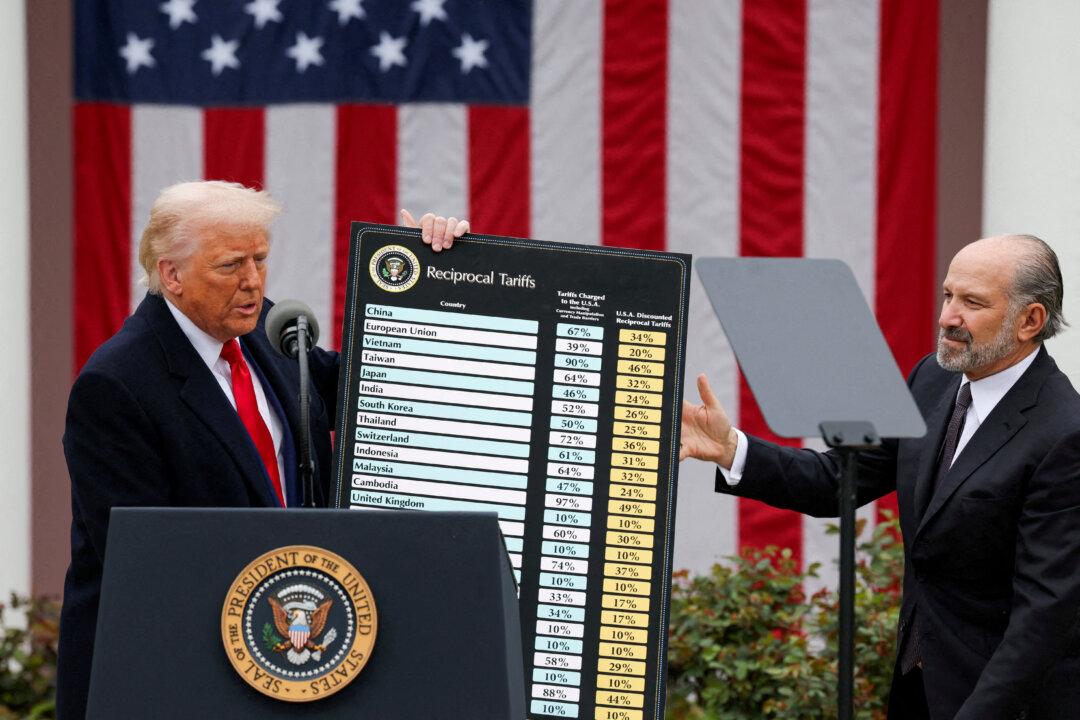News Analysis
The tragic events in Israel and Gaza started by the Iranian-backed Hamas terrorist group have unleashed a wave of terror reverberating around the globe. Given the historical support of Russia and Iran to groups and states targeting Israel, unanswered questions about outside involvement or links exist.





